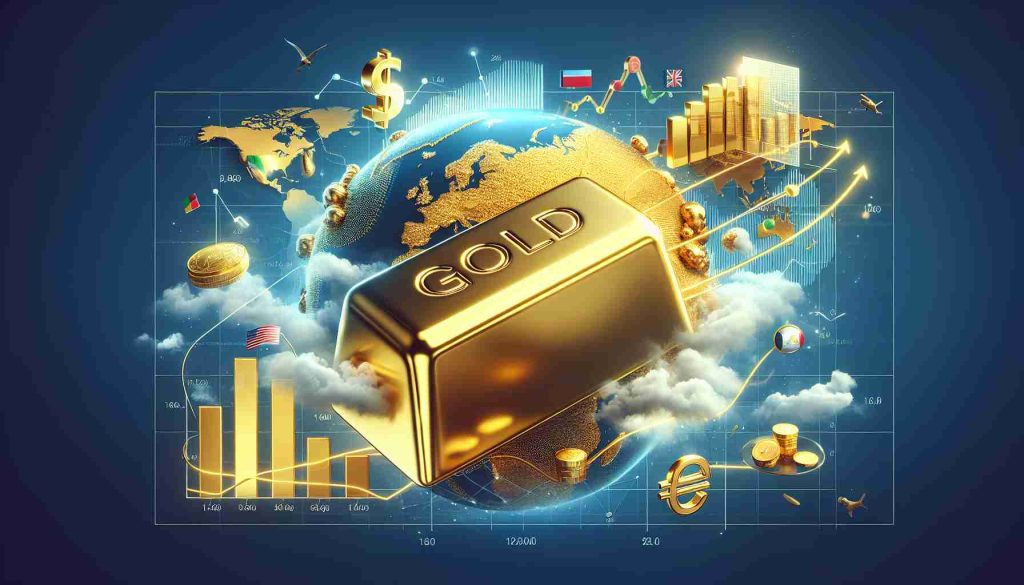Gold prices have been exhibiting volatility following recent global economic developments. In the wake of political uncertainties post-election and the Federal Reserve adjusting interest rates, profit-taking has been noticeable as the market awaits new stimuli.
Domestic gold rates witnessed a significant drop, nearing 3% by the close of the week on November 8. This decline, after hitting a record high in October, suggests a shifting market sentiment in response to changing economic landscapes.
In the international market, gold experienced its most drastic weekly decline in over five months, attributed to a stronger dollar and investor apprehension surrounding the policies and rate decisions following a recent political shift.
While there is speculation about future rate cuts and the impact of the new administration’s policies on inflation, analysts suggest a cautious approach to gold investments in the short term. Market experts highlight key resistance and support levels, recommending a vigilant approach to trading strategies amidst ongoing global uncertainties.
As global economic dynamics continue to evolve, monitoring geopolitical events and staying informed about market trends will be essential for investors navigating the fluctuating landscape of gold prices.
Gold Prices in Response to Global Economic Shifts: What You Need to Know
Gold prices have maintained their volatile streak amidst unfolding global economic events, sparking both opportunities and challenges for investors. While the previous article touched on the recent turbulence in the gold market, several crucial facts and considerations deserve attention to grasp the full picture.
Key Questions:
1. How do geopolitical tensions and trade disputes impact gold prices?
2. What role does central bank policy play in shaping the gold market?
3. What are the long-term implications of gold as a safe-haven asset amid economic uncertainties?
Answers and Insights:
1. Geopolitical tensions and trade disputes often trigger uncertainty in financial markets, prompting investors to flock to safe-haven assets like gold. This heightened demand can drive up gold prices during times of global unrest.
2. Central banks’ decisions on interest rates and monetary policies directly influence gold prices. Lower interest rates typically boost gold prices as the opportunity cost of holding non-interest-bearing assets decreases.
3. Gold’s historical role as a store of value during economic downturns positions it favorably as a hedge against inflation and market volatility over the long term.
Challenges and Controversies:
1. One of the key challenges facing gold investors is the unpredictable nature of market reactions to global economic shifts. Tapping into market opportunities while mitigating risks requires a deep understanding of the complex interplay between various factors influencing gold prices.
2. Controversies may arise regarding the actual effectiveness of gold as a safe haven during extreme financial crises. Some argue that other assets or strategies may offer better diversification and protection against economic uncertainties.
Advantages and Disadvantages:
1. Advantages: Gold’s intrinsic value and historical significance as a reliable store of wealth bolster its appeal as a diversified investment option. Additionally, its liquidity and global acceptance provide investors with flexibility in portfolio management.
2. Disadvantages: Gold prices can be subject to abrupt fluctuations in response to macroeconomic changes, making timing and decision-making critical for maximizing returns. Moreover, storage costs and lack of interest yield may deter some investors seeking income-generating assets.
For further insights on navigating the complexities of gold investment amid global economic shifts, consider exploring resources from reputable sources like World Gold Council and Barons. Stay informed and proactive to capitalize on the dynamic nature of gold prices in the ever-evolving global economy.
